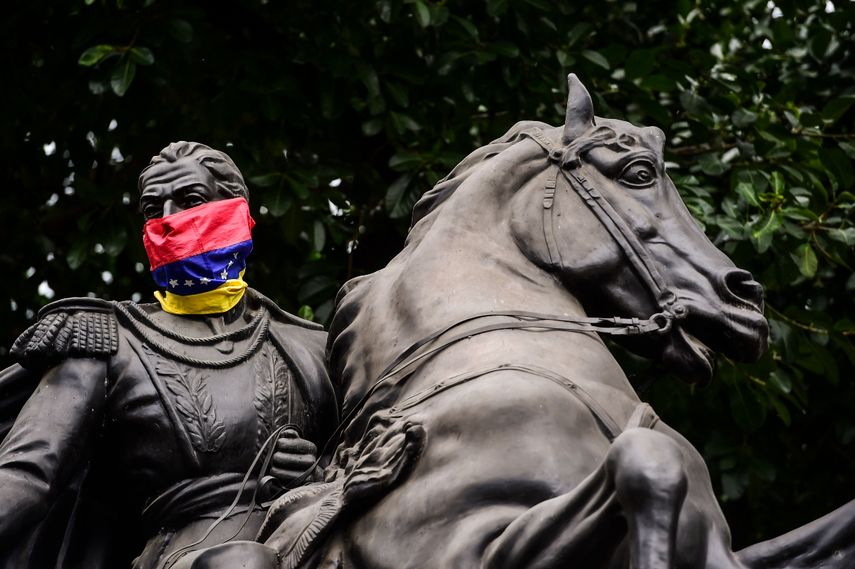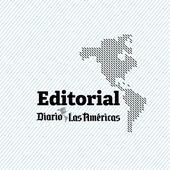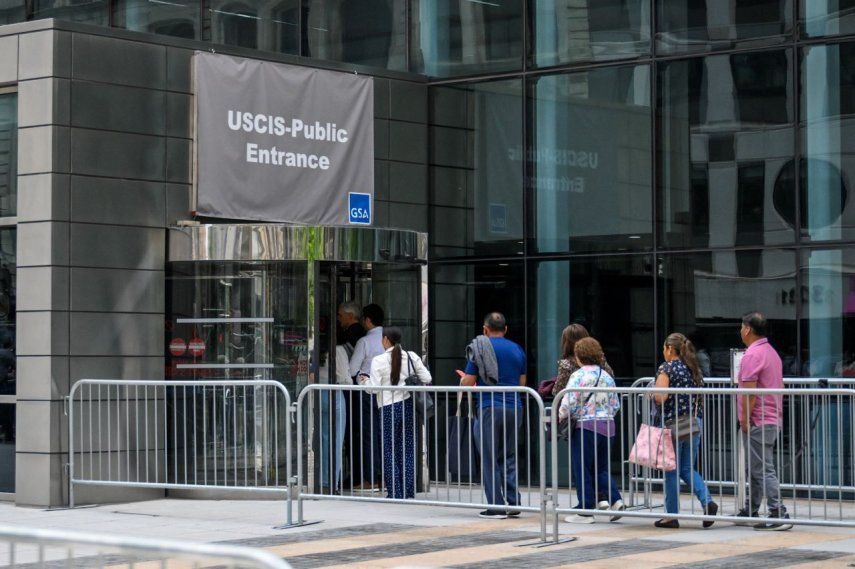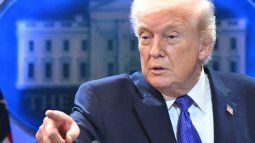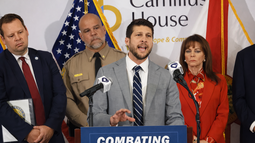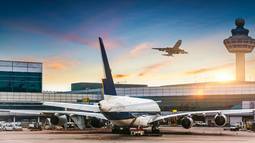In September of 1815, Simón Bolívar was exiled in Kingston, Jamaica. He was only 32 years old, yet he already carried the weight of a broken army, devastated cities, and independence that seemed like a distant dream. It was there, from the solitude of exile, that he wrote the famous Letter from Jamaica. In that document, Bolívar not only outlined his vision of an independent and united America; he also revealed a gesture that official history often overlooks: he asked for foreign help.
The young man from Caracas, who had seen the first republic collapse and stood on the brink of despair, understood that without international support the fight for independence was doomed. That is why he wrote:
"Is not England called, by a generous policy, to exert her powerful influence in favor of our emancipation? Does she not owe this protection to commerce and even to her own greatness? Would it not be in her interest for a free America to open itself to her manufactures and industry? Thus, her influence would be sanctified by the good of humanity, and she would present herself to the eyes of the world as the liberator of half the globe."
Bolívar’s request was clear. He was not asking for sympathy; he was asking for intervention. In modern terms, he was requesting diplomatic support, financing, weapons, soldiers. There was not a trace of naivety or isolationist romanticism in his words. It was pure strategic realism: only with the support of an international power could the balance tilt against the Spanish Empire.
And yet, two centuries later, when in today’s Venezuela figures like María Corina Machado propose the need for international support—particularly from the United States and Europe—to confront Nicolás Maduro and the criminal network sustaining his regime, especially El Cartel de los Soles, chavismo and some who parade themselves as “true patriots” brand them as traitors. The very same people who beat their chests, calling themselves “children of Bolívar,” are the ones who rage when someone turns to Washington for help. The inconsistency is so great that, if they applied the same standard, they would have to accuse the Liberator of the Americas himself of treason.
The regime manipulates history like a broken mirror: it only shows the fragments that suit its interests. Bolívar’s epic phrases are repeated endlessly, he is cast in bronze and presented as a solitary hero, but his defeats, his doubts, and above all, his international negotiations are erased. Bolívar asked for help from England, accepted support from Haiti, used European fighters, and sought diplomatic recognition abroad. Independence was, to a large extent, a multinational effort. Without England, without Haiti, and without the alliances he forged, Spain would likely have crushed the uprisings in a matter of months.
In Haiti, Alexandre Pétion offered ships, men, and ammunition, with a clear condition: the abolition of slavery. Bolívar accepted. It was a full-fledged political negotiation, a pragmatic pact. Did that make him a traitor? No one argues that today. On the contrary, it is celebrated as part of his greatness. So why brand as vendepatria those who, in 2025, recognize that without external pressure it is impossible to dismantle a regime sustained by illicit money, Cuban advisors, ties with Iran and Russia, and irregular armed groups along the border?
The opposition has said it plainly: this is not about foreign invasion or handing over sovereignty, but about creating real conditions for a democratic transition. Alone, Venezuelans cannot defeat a power that controls weapons, institutions, resources, and repression. And just as in 1815 England saw economic advantages in a free America, today the United States and Europe are interested in regional stability, energy security, and containing the transnational crime that sustains and represents the chavista regime. Alliances are never free—but neither were they in Bolívar’s time.
Here lies the paradox: those who cry “treason!” are the same who applaud Cuban interference in the Armed Forces, Russian military advisors, or the entry of murky Iranian capital into the Venezuelan economy. For them, asking for help from Western democracies is a mortal sin, but bowing to Havana or Moscow is patriotism. That double standard explains why the word “sovereignty” has become nothing more than an empty slogan.
What this debate ultimately reveals is that Bolívar’s figure has been hijacked by propaganda. Chavismo created a cardboard Bolívar, perfect and monochromatic, who bears little resemblance to the real man. The human Bolívar doubted, failed, negotiated, asked for help. And it is precisely in that dimension that his example is most valuable: he understood that the freedom of peoples is not built in isolation but with allies.
In the Letter from Jamaica, Bolívar also wrote: “The unity of our peoples is not simply a chimera of men, but an inexorable decree of destiny.” That unity was not just a romantic ideal; it was a practical necessity. And that same necessity repeats itself today. Faced with an authoritarian regime with international tentacles, isolation is suicide.
The uncomfortable but unavoidable question remains: who is more faithful to Bolívar’s legacy? Chavismo, which invokes his name as an excuse while making deals with foreign dictatorships? Or those like María Corina Machado, who understand that freedom requires international alliances—just as the Liberator himself did?
In the Letter from Jamaica, Bolívar dreamed: “I desire more than anyone else to see America form the greatest nation in the world, not so much for its size and wealth as for its freedom and glory.” That longing does not belong to the past. It is still alive in a Venezuela that, two centuries later, faces another kind of chains.
That is why, rather than debating whether asking for help is treason, what is needed is honesty with history. Because one cannot revere Bolívar in public squares while condemning the opposition for repeating his very strategy. One cannot speak of sovereignty with a mouth full of praises for the Liberator and, at the same time, remain silent about the fact that without foreign help Bolívar would never have triumphed.
Freedom is rarely achieved alone and without help. Not in 1815 and not in 2025. Bolívar understood this from Jamaica. Hopefully, Venezuelans today will understand it as well—and those who align themselves with chavismo, branding their compatriots as “traitors to the homeland” to keep supporting the regime, must also be seen as accomplices of El Cartel de los Soles.
Puede leer este artículo en español haciendo click aquí

